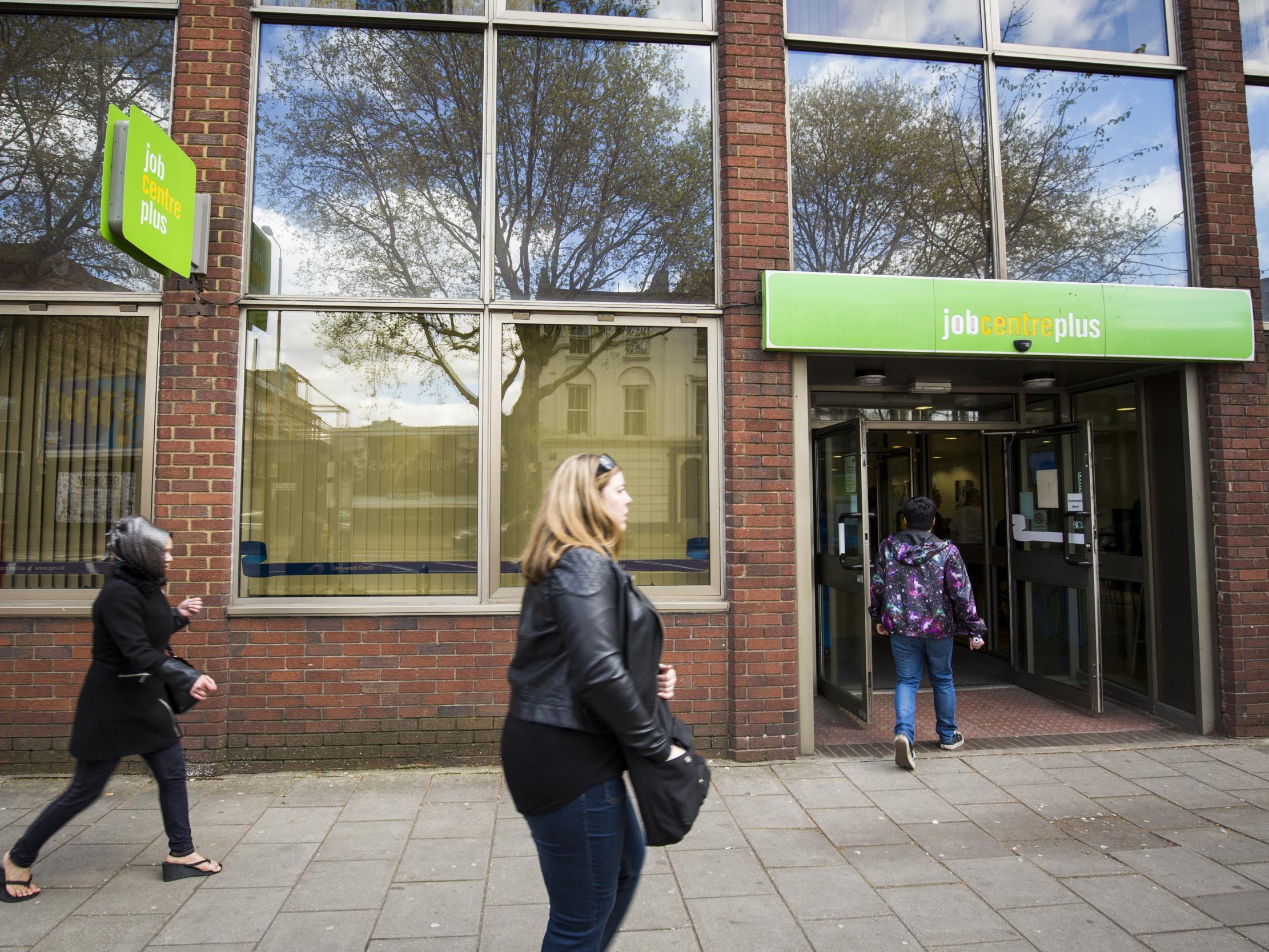Coronavirus pandemic could hurt young people’s incomes and mental health for years, research suggests
And older workers could be forced into early retirement with their pension income permanently reduced, Resolution Foundation finds


The coronavirus pandemic could hurt the earnings and mental health of younger workers for years to come, while those approaching retirement may see their pension income permanently reduced, a report has warned.
It forecasts a “U-shaped” living standards crisis that will see young people take the biggest hit, followed by older generations, while the middle-aged are less badly affected.
More than one-third of 18- to 24-year-olds, and three in 10 workers in their early 60s, have seen their pay fall since the start of the year, the Resolution Foundation think tank said. Less than one-quarter of workers aged 35 to 49 have suffered the same fate.
Young people are more likely to work in industries that have been most severely impacted by lockdown measures, such as hospitality and retail.
The foundation warned that big pay reductions and job losses for younger workers were a “huge concern” that could damage their living conditions in the long term.
In turn, the situation may damage younger workers’ mental wellbeing for years, said the Health Foundation charity, which supported the research.
Researchers polled more than 6,000 UK adults between 6 and 11 May. They found that 23 per cent of 18- to 24-year-old employees had been furloughed while a further 9 per cent had lost their jobs.
One-fifth of employees aged 25 to 29 had either been furloughed or lost their jobs, along with 18 per cent of workers aged between 60 and 64.
Employees aged 35 to 44 were the least likely to have been furloughed or lost their jobs, with about 15 per cent experiencing this since the crisis started, the report found.
Martina Kane, policy lead for the Health Foundation, said the findings had worrying ramifications for younger people’s health
“There is strong evidence that unemployment and poor-quality work can have a negative impact on young people’s mental health. Financial insecurity can result in poor health both now and later in life.
“Whilst the government works towards protecting the nation’s health today, there must also be steps taken to protect the jobs of young people in the future.”
The coronavirus pandemic has magnified issues such as precarious work that offers little security, Ms Kane said. Among 18- to 24-year-olds, 35 per cent are earning less than they did before the outbreak, and 13 per cent are earning more.
Employees in their early 60s are the next most likely to be receiving less pay, with 30 per cent seeing a reduction, while 9 per cent have seen their earnings rise.
Older workers risk being involuntarily retired well before they can start receiving the state pension, or not having time to make up their current earnings shortfall.
The foundation said the scale of pay reductions since the crisis would be even greater were it not for the government’s job retention scheme.
Maja Gustafsson, a researcher at the Resolution Foundation, said: “Britain is experiencing a U-shaped living standards crisis, with workers in their early 60s also badly affected.
“That is why the government’s strategy to support the recovery should combine targeted support to help young people into work, with more general stimulus to boost demand across the economy and help households of all ages.”
Join our commenting forum
Join thought-provoking conversations, follow other Independent readers and see their replies
Comments